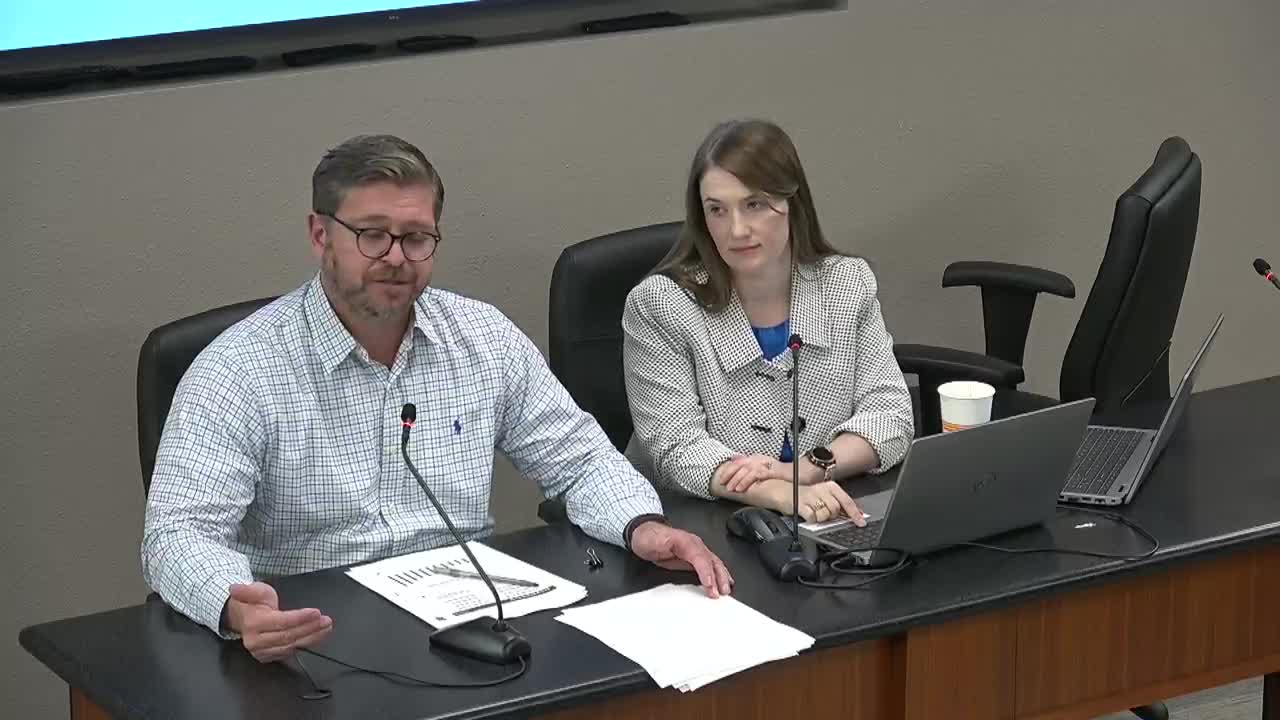Garland City Council reviews health insurance contributions and proposed FY26 budget adjustments
August 16, 2025 | Garland, Dallas County, Texas
Thanks to Scribe from Workplace AI , all articles about Texas are free for you to enjoy throughout 2025!

This article was created by AI using a video recording of the meeting. It summarizes the key points discussed, but for full details and context, please refer to the video of the full meeting. Link to Full Meeting
One of the central topics of the meeting was the city's contribution to retiree health insurance. Currently, Garland contributes 53% towards this benefit, significantly higher than the typical 25% norm. As discussions unfolded, officials acknowledged the need to cap this contribution at 3% per year to manage future costs effectively. The implications of this decision could lead to a gradual decrease in the city's contribution, potentially impacting retirees in the long run.
Council members expressed their concerns about the balance between health benefits and employee salaries. Mayor Pro Tem Luck emphasized the importance of adjusting contribution percentages to better reflect the financial realities faced by employees. The council recognized that while health care benefits are a significant perk of municipal employment, the rising costs could overshadow the attractiveness of these benefits if not managed properly.
Council member Dutton highlighted a pressing issue: employee retention. She argued that the focus should shift from healthcare benefits to ensuring competitive salaries. With neighboring cities offering higher pay rates, Garland risks losing valuable employees if salary increases do not keep pace with market rates. This sentiment resonated throughout the meeting, underscoring the need for a comprehensive approach to employee compensation.
As the discussion transitioned to utility rates, city officials outlined proposed increases in water, sewer, and stormwater management fees. These adjustments are part of a three-year strategy aimed at aligning rates with the Metroplex average. The proposed budget for FY 26 anticipates an overall increase of $7.17 for the average resident, reflecting the ongoing challenges posed by inflation and rising operational costs.
The meeting concluded with a sense of urgency to address these financial challenges head-on. As Garland navigates the complexities of budgeting for the future, the decisions made today will shape the community's landscape for years to come. The council's commitment to balancing employee benefits with fiscal responsibility will be crucial in maintaining a thriving city that meets the needs of its residents and workforce alike.
Converted from Garland - Budget Workshop meeting on August 16, 2025
Link to Full Meeting
Comments
View full meeting
This article is based on a recent meeting—watch the full video and explore the complete transcript for deeper insights into the discussion.
View full meeting
